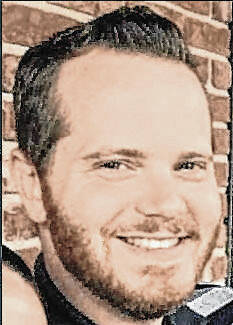With the click of a shutter, Lee Miller made sure that we wouldn’t forget the brutality of war.
A limited release in theaters, then quickly available on demand, “Lee” is directed by Ellen Kuras, whose biggest credit is the cinematography of “Eternal Sunshine of the Spotless Mind.”
The story follows the path of photojournalist Lee Miller (Kate Winslet) for the duration of World War II. Formerly a model, Lee actually prefers to be on the other side of the camera, where her work as a photographer gets the attention of Vogue magazine.
When Hitler’s reign of terror begins in Europe, she works herself to the front lines, taking photos — bomb raids, amputees, piles of emaciated corpses in a corner — that reveal the unimaginable horrors of war.
The movie makes it seem like she was just stubborn enough to be in the right spot to capture those stories, but if you take the time to look at the photos she took, it’s evident she was a true photojournalist, an artist who knew how to frame a good shot to tell a powerful story.
It’s not Winslet’s best work, and the script drags when it attempts to add something new to the oversaturated genre of WWII films, but it honors Lee’s contributions to history and the toll that war takes on everyone who witnesses it.
It’s also strange to see comedic actor Andy Samberg in a drama as LIFE Magazine photographer Davy Scherman, but a Google search of the dude shows why — they’re doppelgangers.
One of the final photographs taken in the film is the famous image of Lee naked in Hitler’s personal bathtub at the end of the war. It’s a surreal moment in the intimate dwelling of the most evil of men, and symbolic in that Lee is momentarily back as the subject of a photo — a reminder that in documenting the historical record of the war’s damage, she herself was in the thick of it, among those forever impacted by the trauma around her.
The film culminates with a bit of a surprise ending that sparks a sad truth: countless stories go forever untold, often to the grave with those who experienced them, but it’s through the work of professionals like Lee that some of those are shared.
So we can remember.
3/5
Scott McDaniel is an assistant professor of journalism at Franklin College. He lives in Bargersville with his wife and three kids.





